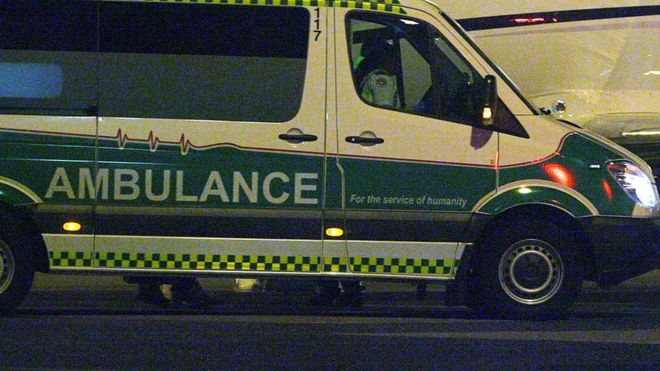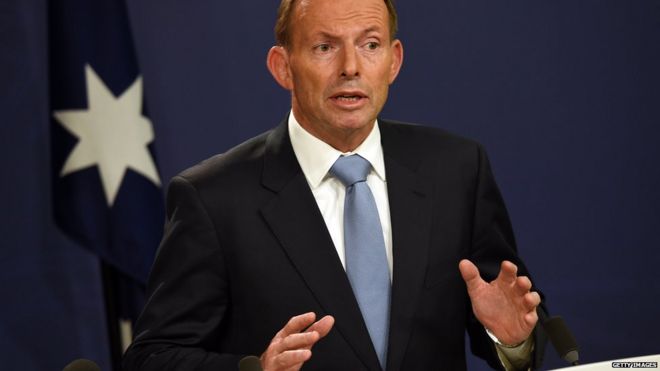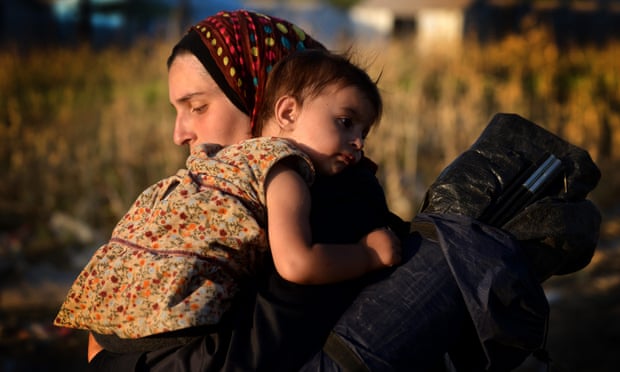By Samuel Miller
Impunity Watch Desk Reporter, North America and Oceania
HAVANA, Cuba — Democracy activists have been scrambling to get the Pope’s attention: they want him to know that Cuban authorities have been arresting peaceful protesters and violating basic human rights. Laura Labrada Pollan, leader of a Havana group called Ladies in White said, “we are asking for a meeting, a few minutes with Pope Francis, so he can hear it from us, to show him that yes, there are political prisoners in Cuba.”
However, members of Cuba’s fractured and officially illegal opposition party said they see little chance that the trip will bring significant change.
“Pope Francis wants his visit to have a major impact, but he won’t be able to work any miracles, because change depends on the Cuban government’s political will. And it has none,” said Elizardo Sanchez, president of the Cuban Commission on Human Rights.
“Cuba is at a human rights crossroads, with important advances such as the recent release of prisoners of conscience and other activists and a number of positive reforms to its migration laws overshadowed by the government’s determination to deploy new methods to stifle dissent,” said Amnesty International ahead of a state visit by Pope Francis.
Historically, Cuba has had a tenuous relationship with the Holy See.
In 1998, John Paul II called for greater respect for human rights during the first papal visit to Cuba, a historic trip that symbolized a nascent rapprochement between the Church and the one-time atheist state. In 2012, Pope Benedict XVI criticized Marxism and spoke of the need for “new models,” considered by some to be a veiled message of disdain for the troubled country’s policies.
Amnesty International and other international organizations have not been allowed to enter Cuba since 1988, when a delegation from Amnesty International went to document the situation of prisoners of conscience and other individuals who were detained for political reasons across the country.
Although the country has been hesitant to allow these organizations to enter its country, Amnesty International claims advances have been made there, including a 2013 reform loosening travel restrictions and the release of political prisoners.
“However, the country still needs to make progress when it comes to allowing people to peacefully express their views without fear of being harassed, detained or attacked,” said Erika Guevara-Rosas, the rights group’s director for the Americas.
Over the past few years, authorities in Cuba have switched from a strategy of incarcerating people viewed as political dissidents for long periods of time, to consecutive short term arrests and public smear campaigns.
In an act of goodwill before the visit, Cuban authorities released more than 3,500 prisoners last week, amplifying a gesture also undertaken for the previous papal trips. Cuba is sensitive to criticism of its human rights record, saying it needs to restrain critics it describes as “mercenaries bent on destabilizing the government.”
For more information, please see:
LA Times — Pope Francis heading for Havana in first leg of reconciliation tour – 18 September 2015
NBC News — In Cuba, Democracy Activists and Dissidents Hope to Meet with Pope – 18 September 2015
Reuters UK — Pope’s visit to Cuba raises prospect of human rights friction – 18 September 2015
Yahoo! News — Cuban dissidents not expecting miracles from pope visit – 18 September 2015



